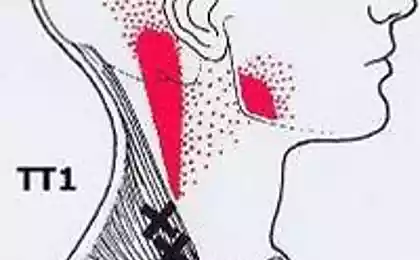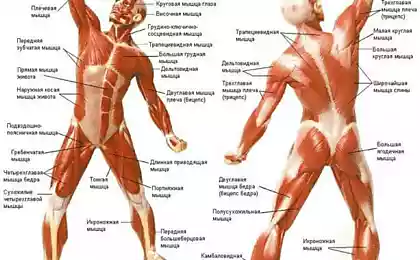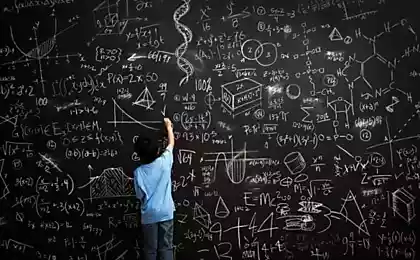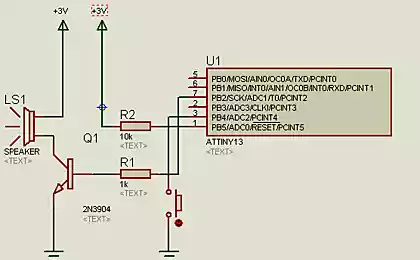621
From a mathematical point of view, if nothing can not be sure at 100%
Calculate uverennost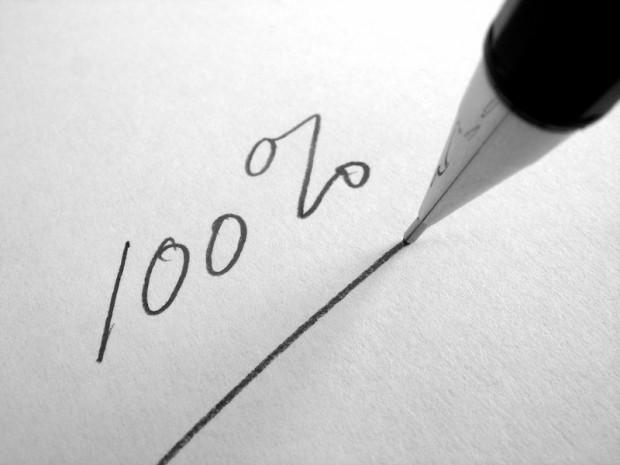
How can I calculate the confidence? In a perfect world "absolutely sure" would be equal to 100%. But we do not live in a perfect world, so have to avoid the chance that the theory could be wrong, despite all the evidence, and therefore "absolutely sure" will not let a lot, but less than 100%.
For example, we have created a test that provides an answer to our question with an accuracy of 99%. The test may for instance determine the guilt or innocence of a human or diagnose the disease. Or can calculate more complex things, such as whether a certain amount of crime is committed by one person or would be whether a drug is effective.
All these things can be determined with 99 percent certainty. That is, rather, any of these items can be determined with 99 percent confidence. But what if we want to prove all four statements?
Simple math here. The probability that the coin toss will drop eagle - 0, 5. The probability of an eagle twice - 0, 5 * 0, 5, or 0 to 25. In 99 per cent probability that value will be equal to 0, 99, and we can multiply that number by itself many times as necessary. 0 If we multiply 99 by itself four times, we get 0, 96. In this way, we will be 96% sure that all the tests are correct.
So far everything sounds good. Here are all of interest to us events occur hundreds of times each year. 0 If you multiply 99 by itself at least 100 times, the probability drops to 37% when a 300 times to 5%, and with 450-year-cases from our confidence will be only 1%. In other words, fidelity to our theory should be checked taking into account the rest of the cases.
The test may really gave us a real chance, timed it right, but the fact that it could fail, and our task in this case - to understand why. Nobody screwed up, and it's not a test useless, just in anything you can not be 100% sure - probability theory, nothing more.
via factroom.ru

How can I calculate the confidence? In a perfect world "absolutely sure" would be equal to 100%. But we do not live in a perfect world, so have to avoid the chance that the theory could be wrong, despite all the evidence, and therefore "absolutely sure" will not let a lot, but less than 100%.
For example, we have created a test that provides an answer to our question with an accuracy of 99%. The test may for instance determine the guilt or innocence of a human or diagnose the disease. Or can calculate more complex things, such as whether a certain amount of crime is committed by one person or would be whether a drug is effective.
All these things can be determined with 99 percent certainty. That is, rather, any of these items can be determined with 99 percent confidence. But what if we want to prove all four statements?
Simple math here. The probability that the coin toss will drop eagle - 0, 5. The probability of an eagle twice - 0, 5 * 0, 5, or 0 to 25. In 99 per cent probability that value will be equal to 0, 99, and we can multiply that number by itself many times as necessary. 0 If we multiply 99 by itself four times, we get 0, 96. In this way, we will be 96% sure that all the tests are correct.
So far everything sounds good. Here are all of interest to us events occur hundreds of times each year. 0 If you multiply 99 by itself at least 100 times, the probability drops to 37% when a 300 times to 5%, and with 450-year-cases from our confidence will be only 1%. In other words, fidelity to our theory should be checked taking into account the rest of the cases.
The test may really gave us a real chance, timed it right, but the fact that it could fail, and our task in this case - to understand why. Nobody screwed up, and it's not a test useless, just in anything you can not be 100% sure - probability theory, nothing more.
via factroom.ru
Why is the engine power is usually measured in horsepower
Members of the "Club 300" extremely fun in Antarctica






